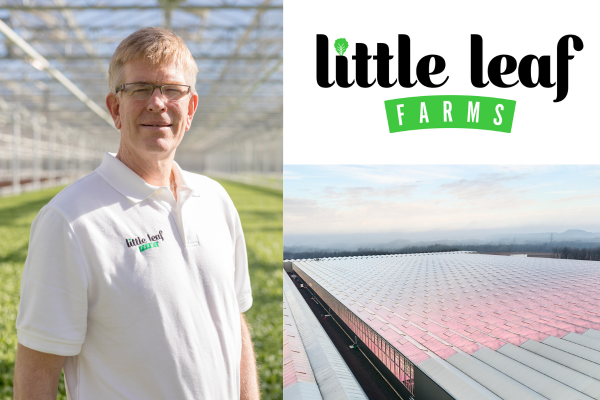
Little Leaf Farms CEO: Navigating Sustainable Growth and Fresh Innovations
Join us for this month’s Q&A with Paul Sellew, the forward-thinking Founder & CEO of Little Leaf Farms, the largest U.S. greenhouse producer of hydroponic baby greens. As the opening morning keynote speaker for the March 11-12, 2024 edition of Indoor Ag-Con, Paul sheds light on the challenges and opportunities of expanding Little Leaf Farms’ footprint, the eco-friendly practices that set it apart, and the company’s commitment to a farmer-first mindset. From becoming the top-selling lettuce in New England to doubling production capacity with the recent expansion into McAdoo, PA, Sellew gives a glimpse into the company’s commitment to sustainable agriculture and its exciting plans for the future.
Given Little Leaf Farms’ recent milestone of becoming the #1 best-selling packaged lettuce in New England and the opening of a new greenhouse in McAdoo, PA, what challenges and opportunities do you foresee in expanding your footprint to new regions – and how does this contribute to your goal of reaching 100 acres under glass by 2026?
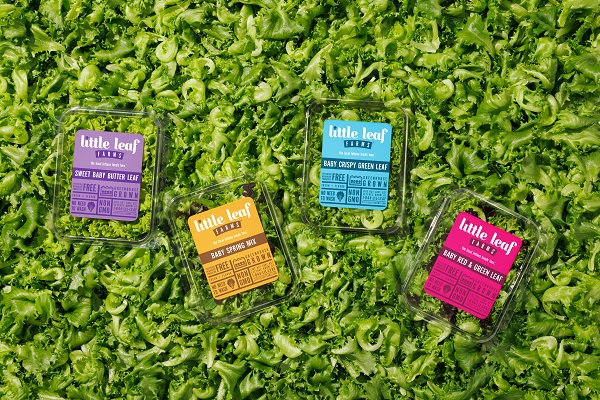
When we opened our first greenhouse, we set out to build a more resilient food system and have pioneered a peri-urban approach in controlled environment agriculture. This means that our greenhouses are built in the surrounding regions of major urban centers to minimize the amount our leafy greens have to travel to reach the consumer, resulting in a lettuce that lasts longer and tastes better. We know this is the right model to enable us to bring our leafy greens to markets all over the country and are confident that once consumers in those new markets try our lettuce, they’ll never go back.
Little Leaf emphasizes sustainability. Can you highlight specific environmental practices that set the company apart and resonate with consumers?
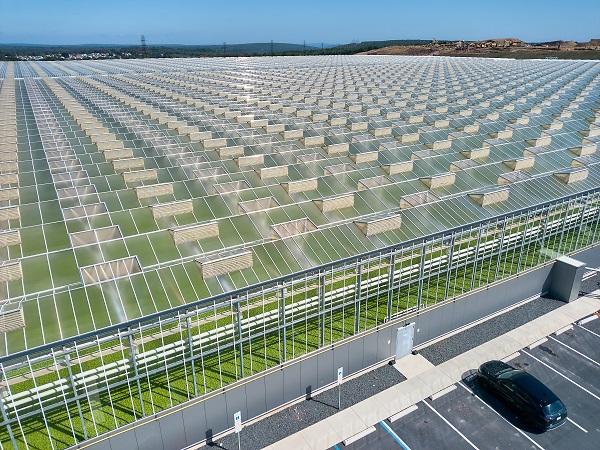 Every step of our growing process was designed to limit our impact on the planet. For example, we utilize captured rainwater in our soil-less farming, which results in 90% less water usage than field-grown greens. Plus our greenhouse locations are in regions with high natural precipitation and not dependent on groundwater as the west coast growers do. . Our Devens, MA greenhouse gets 45 inches of rain per year alone and we use all of it, whereas Salinas, California sees only 10 inches of rain per year.
Every step of our growing process was designed to limit our impact on the planet. For example, we utilize captured rainwater in our soil-less farming, which results in 90% less water usage than field-grown greens. Plus our greenhouse locations are in regions with high natural precipitation and not dependent on groundwater as the west coast growers do. . Our Devens, MA greenhouse gets 45 inches of rain per year alone and we use all of it, whereas Salinas, California sees only 10 inches of rain per year.
Our greenhouses are also built to maximize the free power of the sun, enabling us to grow our leafy greens with natural sunlight and solar-powered energy. We’re also using space much more efficiently and have 30 times more yield than conventional farms. In fact, 10 acres of our indoor greenhouse replaces 300 acres in a traditional farm. Our packages are just as important to our process, which is why they’re made from 100% post-consumer PET, which makes them infinitely recyclable and provides a much longer shelf life, too.
In a competitive market environment, what sets Little Leaf Farms apart, and how do you plan to maintain your leadership position as you expand to new markets?
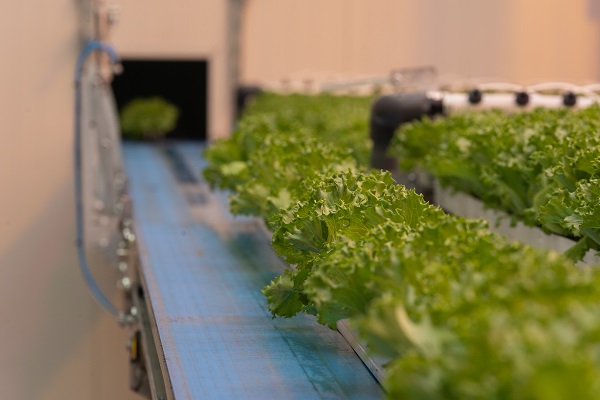 We have always approached growing lettuce as a farming company, rather than a tech company. While we are technologists and our technology is cutting-edge, our priority is growing sustainable, local lettuce that most importantly, tastes great. Our lettuce arrives on grocery store shelves within 24 hours of harvesting, spending less time traveling than most other lettuces. This, in addition to our highly automated system and sustainable growing practices, results in fresh, flavorful leafy greens that remain crispy a remarkably long time after purchase. At the end of the day, we’re growing food. People want to buy and eat what tastes good, and our amazing taste is what’s going to continue to be the differentiator for us. We’ve also grown our business in a way that gives us the ability to scale profitably and better service our retailers, which is going to continue to put us in a position to challenge and compete with field-grown brands as we enter new markets. We’ve surpassed field-grown greens in New England and I’m confident we can replicate that success in other markets across the country as we grow.
We have always approached growing lettuce as a farming company, rather than a tech company. While we are technologists and our technology is cutting-edge, our priority is growing sustainable, local lettuce that most importantly, tastes great. Our lettuce arrives on grocery store shelves within 24 hours of harvesting, spending less time traveling than most other lettuces. This, in addition to our highly automated system and sustainable growing practices, results in fresh, flavorful leafy greens that remain crispy a remarkably long time after purchase. At the end of the day, we’re growing food. People want to buy and eat what tastes good, and our amazing taste is what’s going to continue to be the differentiator for us. We’ve also grown our business in a way that gives us the ability to scale profitably and better service our retailers, which is going to continue to put us in a position to challenge and compete with field-grown brands as we enter new markets. We’ve surpassed field-grown greens in New England and I’m confident we can replicate that success in other markets across the country as we grow.
In discussing the company’s success, you’ve mentioned maintaining a “farming company” mindset rather than a “tech play” approach. Can you elaborate on how this mindset influences decision-making, innovation, and the overall character of Little Leaf, especially considering the evolving landscape of technology in agriculture?
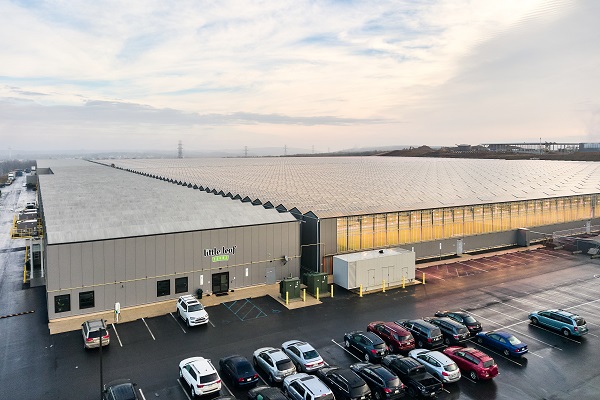 Our business is about farming, and we consider farming a people-based business that puts the crop first. This mindset enables us to recruit the best team of growers, R&D staff, operations staff, and more to carry out our mission of growing fresh leafy greens for all. The farmer-first mindset also reinforces our commitment to growing a product that tastes great and that people actually want to eat, which ties directly to our mission of bringing fresh, leafy greens for all.
Our business is about farming, and we consider farming a people-based business that puts the crop first. This mindset enables us to recruit the best team of growers, R&D staff, operations staff, and more to carry out our mission of growing fresh leafy greens for all. The farmer-first mindset also reinforces our commitment to growing a product that tastes great and that people actually want to eat, which ties directly to our mission of bringing fresh, leafy greens for all.
What’s next for Little Leaf Farms?
Our current focus is on getting our leafy greens to as many consumers as possible. Our recent expansion into McAdoo, PA has not only doubled our production capacity but has increased our retail presence to nearly 5,000 stores, expanding our footprint to include retailers in the Midwest and Southeast.
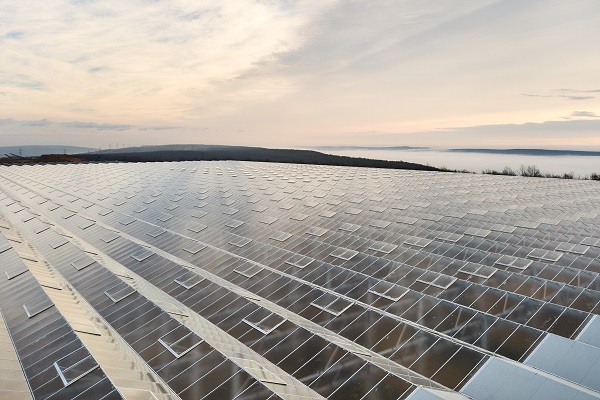 We’ve also expanded our product line to now offer salad kits made with our signature Baby Crispy Green Leaf lettuce, which had an initial launch in the Northeast this fall but will be expanding to our full distribution footprint in January 2024.
We’ve also expanded our product line to now offer salad kits made with our signature Baby Crispy Green Leaf lettuce, which had an initial launch in the Northeast this fall but will be expanding to our full distribution footprint in January 2024.
Learn more about Little Leaf Farms by visiting the website. And, make plans now to join us for Indoor Ag-Con 2024 to hear Paul’s opening morning keynote address at 8 am on Monday, March 11, 2024!
controlled environment agriculture, greenhouse, indoor farming, leafy greens, packaging, sustainability